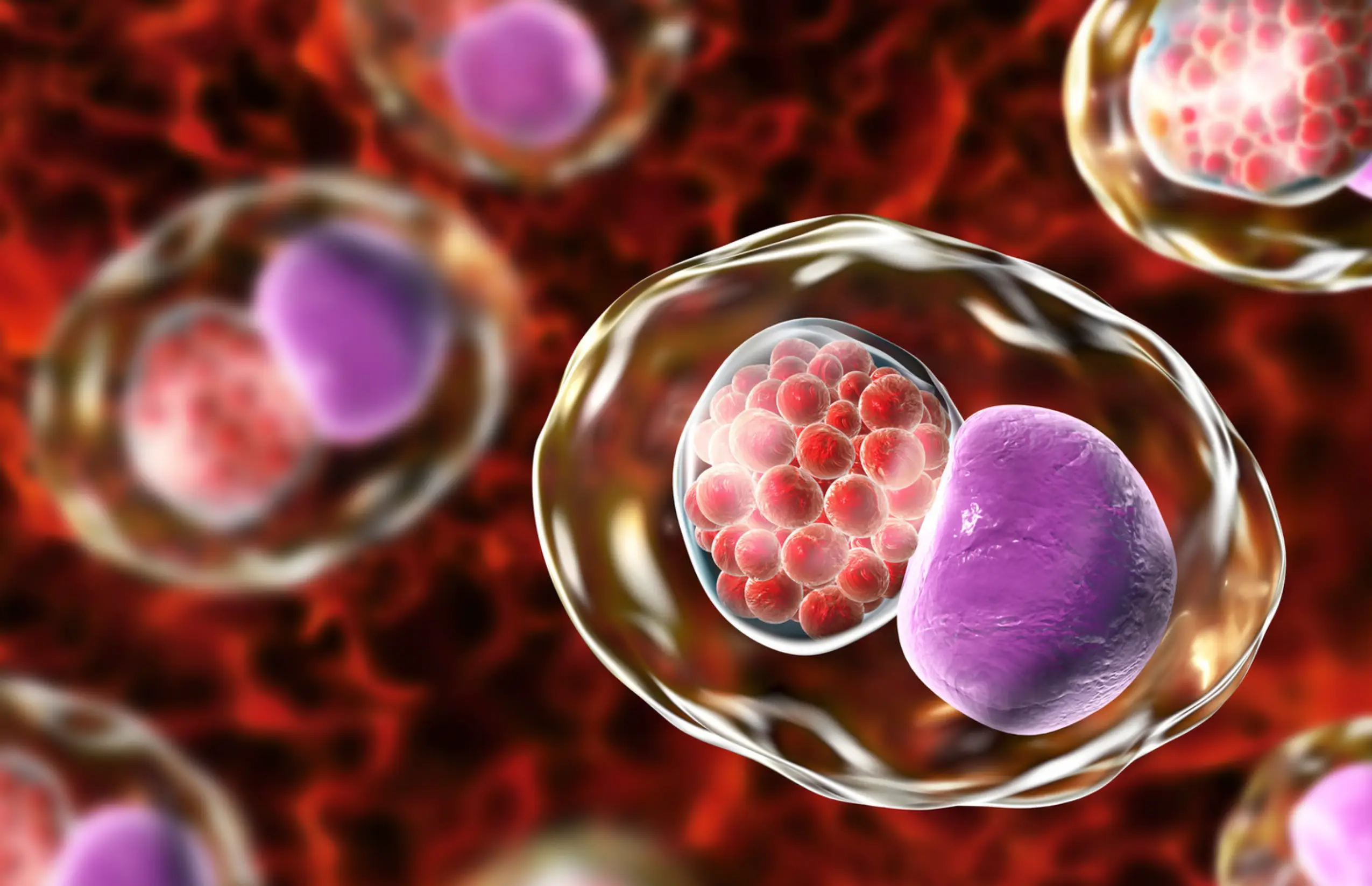NMN, a precursor to nicotinamide adenine dinucleotide (NAD+), plays a pivotal role in cellular energy metabolism and DNA repair. As we age, NAD+ levels decline, compromising cellular function and contributing to the onset of age-related diseases. NMN supplementation offers a promising strategy to counteract this decline by replenishing NAD+ levels, thereby supporting various physiological processes essential for health and longevity.
Recent research has illuminated the multifaceted health benefits of NMN, spanning from cellular rejuvenation to the prevention of age-related disorders. One of the primary areas of interest is its impact on mitochondrial function, the powerhouses of our cells responsible for producing energy. NMN has been shown to enhance mitochondrial biogenesis and function, thereby improving cellular energy production and resilience to oxidative stress. By revitalizing mitochondria, NMN holds the potential to bolster overall vitality and resilience to age-related decline.
Moreover, NMN exerts profound effects on metabolic health, offering potential benefits for individuals grappling with obesity, insulin resistance, and metabolic syndrome. Studies have demonstrated that NMN supplementation can improve glucose metabolism, insulin sensitivity, and lipid profiles, thereby reducing the risk of type 2 diabetes and cardiovascular disease. These findings are particularly pertinent in the context of the UK, where rates of obesity and related metabolic disorders continue to rise, posing significant public health challenges.
In addition to metabolic health, NMN has garnered attention for its neuroprotective properties, offering hope for combating age-related cognitive decline and neurodegenerative diseases such as Alzheimer’s and Parkinson’s. Research indicates that NMN supplementation can enhance synaptic function, promote neurogenesis, and mitigate neuroinflammation, thereby preserving cognitive function and brain health throughout the ageing process. Given the escalating prevalence of dementia in the UK, interventions targeting brain aging, such as NMN supplementation, hold immense potential for alleviating the societal and economic burden of cognitive decline.
Furthermore, NMN has demonstrated efficacy in promoting cardiovascular health, a critical consideration given the high prevalence of cardiovascular disease in the UK. Studies have shown that NMN supplementation can improve endothelial function, reduce arterial stiffness, and lower blood pressure, thereby mitigating the risk of heart disease and stroke. By enhancing vascular health and circulation, NMN may offer a holistic approach to cardiovascular wellness, complementing traditional interventions such as lifestyle modifications and pharmacotherapy.
While the bulk of NMN research has been conducted in preclinical models and small-scale human trials, emerging evidence suggests promising outcomes for human health. Clinical studies investigating the effects of NMN supplementation on ageing-related parameters such as physical performance, immune function, and inflammatory markers have yielded encouraging results. Notably, a recent clinical trial conducted in the UK demonstrated that NMN supplementation led to significant improvements in NAD+ levels and various health markers in middle-aged and older adults, underscoring its potential as a therapeutic intervention for promoting healthy ageing.
Despite the burgeoning enthusiasm surrounding NMN, several challenges and considerations warrant attention. Firstly, the long-term safety profile of NMN supplementation remains to be fully elucidated, necessitating rigorous clinical evaluation to assess potential adverse effects. Additionally, questions regarding optimal dosing regimens, bioavailability, and delivery methods persist, highlighting the need for further research to optimize NMN interventions for maximal efficacy and safety.
Furthermore, the accessibility and affordability of NMN-based therapies pose ethical considerations, particularly in the context of healthcare disparities. Ensuring equitable access to anti-aging interventions such as NMN supplementation is imperative to prevent exacerbating inequalities in health outcomes based on socioeconomic status. Addressing these challenges will be crucial for realizing the full potential of NMN as a transformative tool for healthy aging and disease prevention in the UK and beyond.
In conclusion, the burgeoning body of research on NMN underscores its potential as a potent ally in the fight against ageing and age-related diseases. From rejuvenating cellular function to safeguarding metabolic, cognitive, and cardiovascular health, NMN offers a multifaceted approach to promoting vitality and resilience throughout the ageing process. While further research is needed to fully elucidate its therapeutic potential and address remaining challenges, NMN holds promise as a beacon of hope for extending healthspan and enhancing quality of life for individuals in the UK and around the world.

